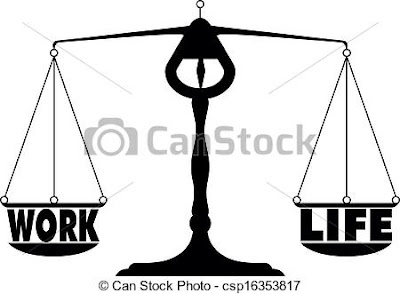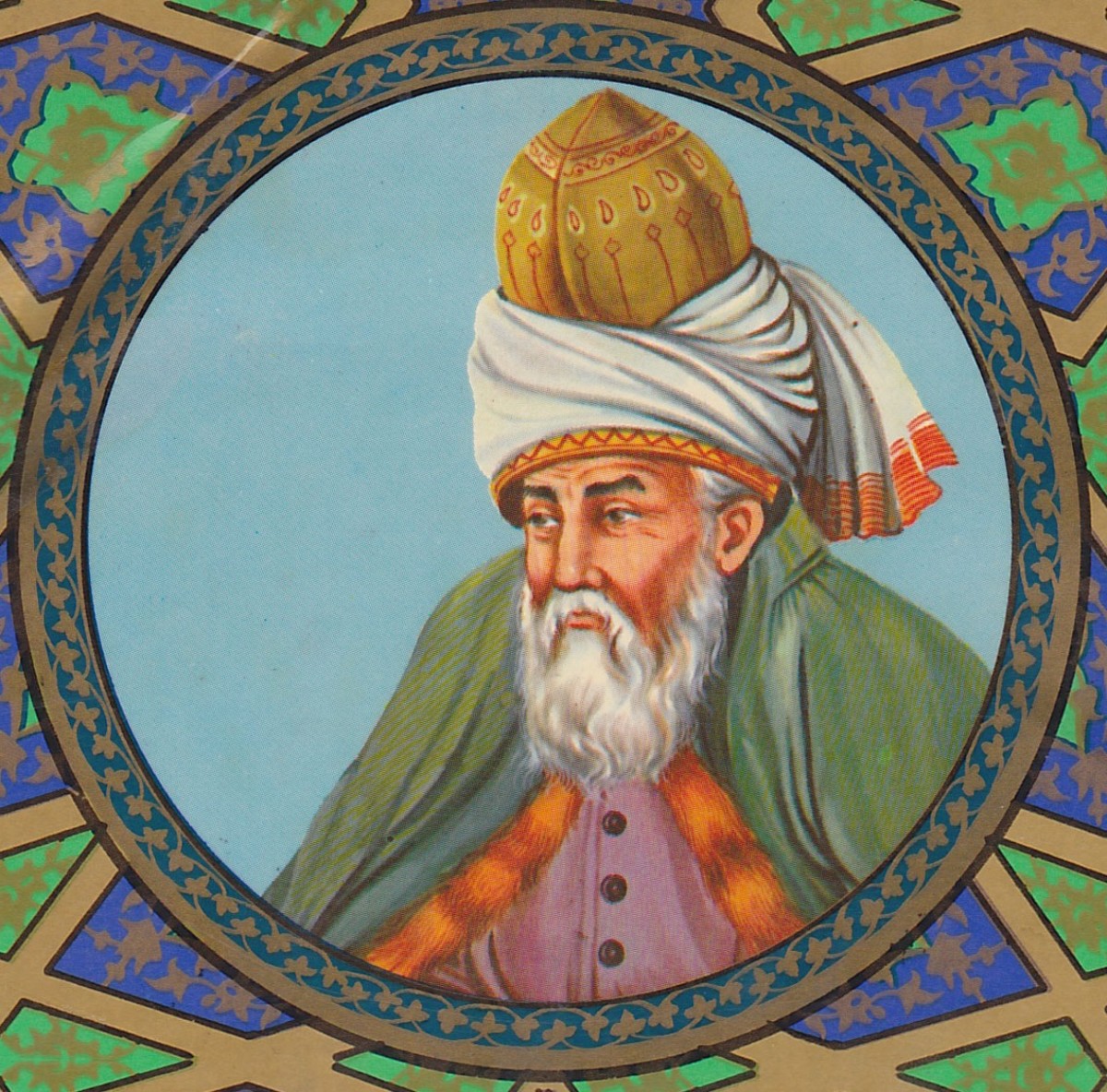In Search of 'Balance'
In the course of a life, one always manages to find certain
recurring personalities. Whether influenced by the familiar rhetoric espousing liberty or rejecting its teachings, more
people than ever seem committed to vociferous argument. It is unclear whether this is symptomatic of a Western litigiousness or a mere consequence of the knowledge revolution (courtesy of the Internet), but the clamour is undeniable. Where political correctness holds sway, people argue that they lack rights,
that rights are contravened and that they have been victimized every which way. This argument is reiterated until people no longer think it, they believe it. This belief spills over into cultish behaviour, and sometimes morphs into zealotry. Such people argue to be given certain rights or success on a silver platter for no other reason than that they feel they
deserve it. This is the excess of self-confidence that one is liable to find
today.
Yet the lessons of History teach us that balance - the ability to coldly analyze how one should temper one's objectives with the means to achieve it - is essential for ultimate victory. This balance should also help the understanding that self-confidence cannot be baseless. Crucially, the balanced man knows that decisions must be rational, steered by the final objective; all irrational propensities must be eliminated or at least controlled.
Yet the lessons of History teach us that balance - the ability to coldly analyze how one should temper one's objectives with the means to achieve it - is essential for ultimate victory. This balance should also help the understanding that self-confidence cannot be baseless. Crucially, the balanced man knows that decisions must be rational, steered by the final objective; all irrational propensities must be eliminated or at least controlled.
The idea that war and conflict has shaped human history has been a permanent
fixture in the Strongman's rhetoric. Violent shocks have spurred human
societies to create weapons of awesome destructive power to fuel their waging
of Total War. Violence is the order of the day, existing ostensibly as the
great enemy of balance and understanding; the total destruction of the enemy
vindicates the quest for glory, for glory redounds only to victors. Historical
narratives are written as truth also by the victors, but this is already widely
known. Recognize only that all official histories fall generally in this same
vein. The trend of Strongmen, from Turkey's Erdogan and Philippines' Duterte to
Russia's Putin and America's Trump seem to evince the popularity of resolute,
uncompromising leadership. Yet the most uncompromising leadership is the
leadership which is able to deliver results. That should be the law one follows
if he seeks substantive results. Strongmen are needed to create violence, but
only balanced and discerning men can remake the world in violence's wake. The
Thirty Years' War of 1618 to 1648 was a period of scarring bloodshed brought
about by zealous adherence to religion. There were too many fighting over the
correct interpretation of God's teachings. The only way out of irreconcilable
difference is to murder the opponent. Yet the means by which Strongmen go about
it leave them old and frail and close to their deathbed if ever the conflict
ends. The world now is not the world the warring monarchies envisioned it to
be. It is the world erected upon the ruin of war. It is the brainchild of
inquiry and intelligence. These men are those whose legacy lives on in the
balance of power, unimaginable wealth and prosperity and the spiritual
following of populations.
The men we see ostensibly attaining positions of near unfathomable power garner
cult followings that worship their every move. If we scrutinize them, however,
we see that they act out of a deep and pervasive sense of insecurity. Such is
Vladimir Putin, who must resort to 'wearing sheep's clothing to pretend (he) is
a wolf'. His mimicry of authoritarianism has seen him rigging elections, not to
convince anyone Russia is a democracy, but to show he has legitimacy by virtue
of the 'silent plebiscite' - a lack of protests despite flagrant rigging -
following these elections. That has changed in 2011, where protests show the
flagging admiration of Putin's doctrine. Now, he is being sustained by
militarism whipped up by the annexation of Crimea, personal clientelism and a
Stalinist paranoia that drives him to ruthlessly destroy any opponent.
There must be admiration for the longevity of Putin's rule.
His style of ruthlessness is essential to success. Yet his aggression, the same
aggression emulated by many, precludes any space for diplomacy. Balance lets us
make diplomatic decisions, while allowing us to be deceptive and ruthless. When
faced by the zealot who mindlessly pushes his agenda, diplomacy would tell us
to accommodate him. Our actions must undermine him. Matching him head-on would
constitute a fruitless exercise in power that exhausts. Proponents of the
Strongman style love to be flattered by sycophants. Allay their suspicions by
quickly, effectively and subtly overtaking them, then destroying their
self-confidence and means to retaliate in one fell swoop.
If these points of action seem Machiavellian, if they
repulse rather than enthuse, it probably says more about the reader’s character
and suitability to accrue power than their actual moral content. The
corrupting influence of power is understood to exist commensurate to power
itself, if Lord Acton’s dictum that “power corrupts, and absolute power
corrupts absolutely” is anything to go by. Yet it is useless to say whether one
is ‘good’ or ‘bad’ in relation to the type of power one possesses, for power is
indiscriminate and relates not to morality but to tangible resources and the
authority that allows one to coerce or impose circumstances upon others.
Domination is the result we are concerned with, while moral declension is the
purview of philosophers, pedagogues and pedants.
The predatory nature of human instinct aside, violence in contemporary settings
is pursued to achieve self-interested ends. If these ends are not nefarious and
amoral, their means usually are. Yet contemporary settings have provided for a
minimum redistribution of power and voice to most individuals in developed
societies and some in developing ones. We are now no longer led unthinkingly by
purely self-interested ends but perhaps unthinkingly by the altruistic, naive
qualities of others. We must break away from this intellectual slavery. Our
ideas are not our own and our actions are merely the function of others'
example. We act too often on strong feelings of repulsion: indeed we form our
most reasoned arguments only as a form of rationalization of our initial gut
reactions. So much do we hear about abstract ideas like freedom and liberty. So
much of our psyches have been controlled by the hypocritical utterances of
people and governments which we should know more than to trust. Control of our
destiny starts first in the mind. We must win this battle absolutely if we are
ever able to absolutely call ourselves free men. It is in the pursuit of true
liberty that we must take our thoughts to the extreme and espouse the true
version of freedom - the freedom of the mind. We must analyze, without
prejudice, the means and ways to succeed. Adversaries are always afraid and
insecure because their minds are closed to prospects of their inferiority. Recognize your weakness, but do not be scared of it. Subordinate everything to
the execution of plans violently and swiftly. That is the balance we must seek.




Comments
Post a Comment